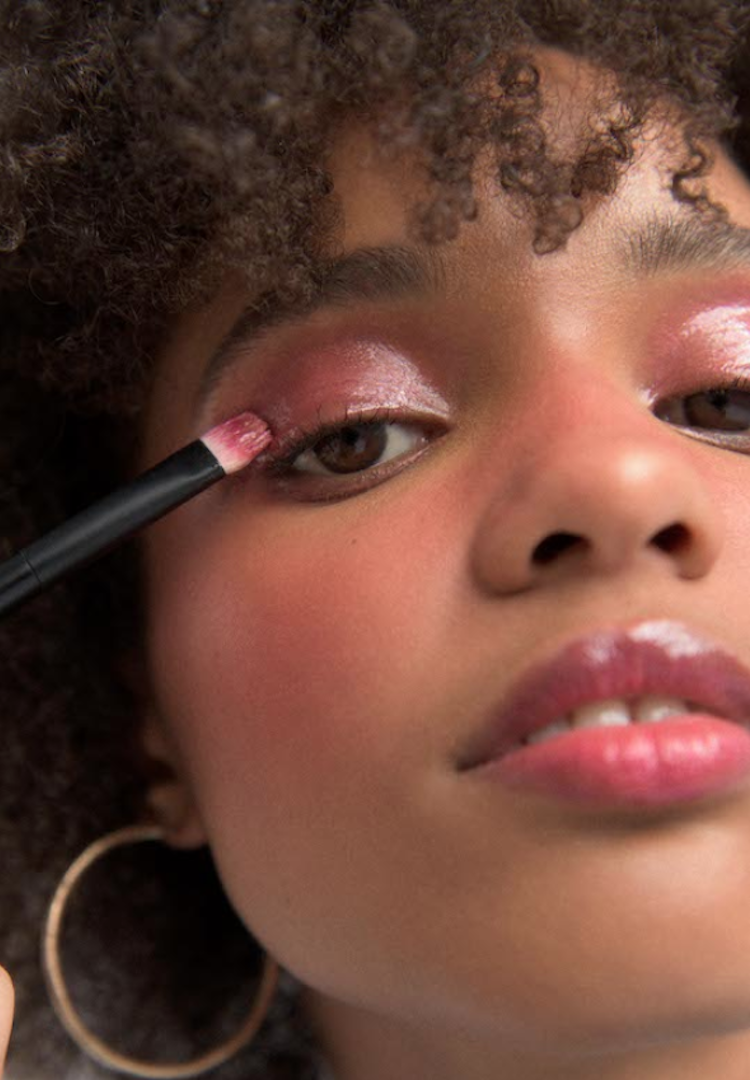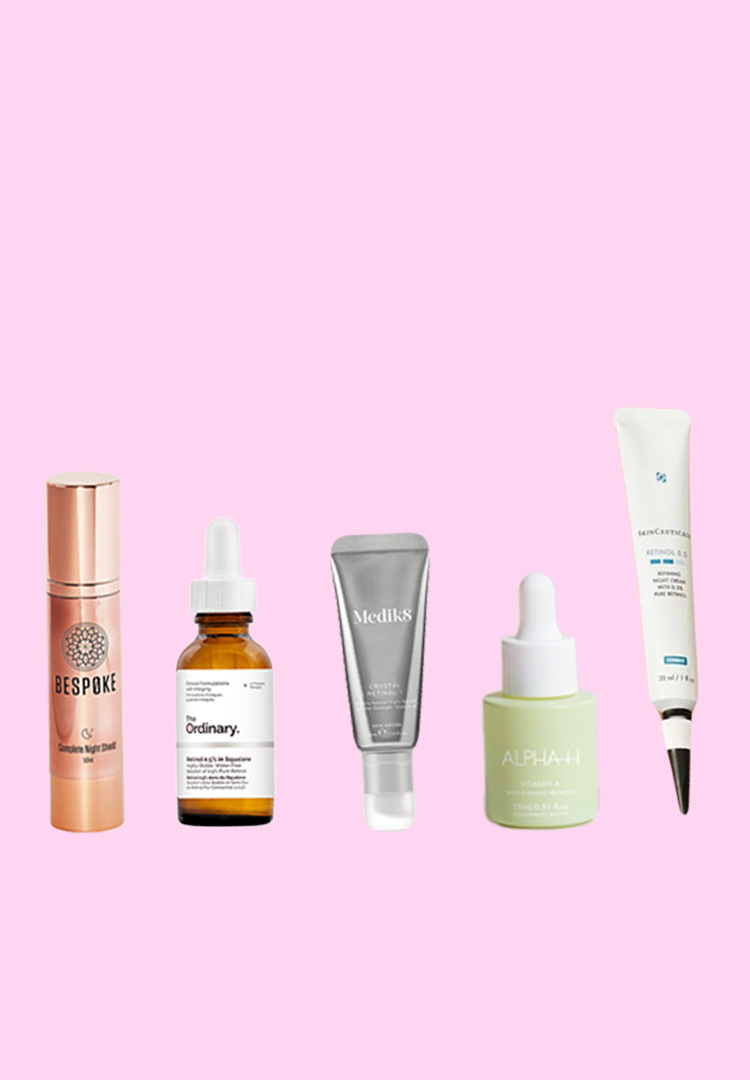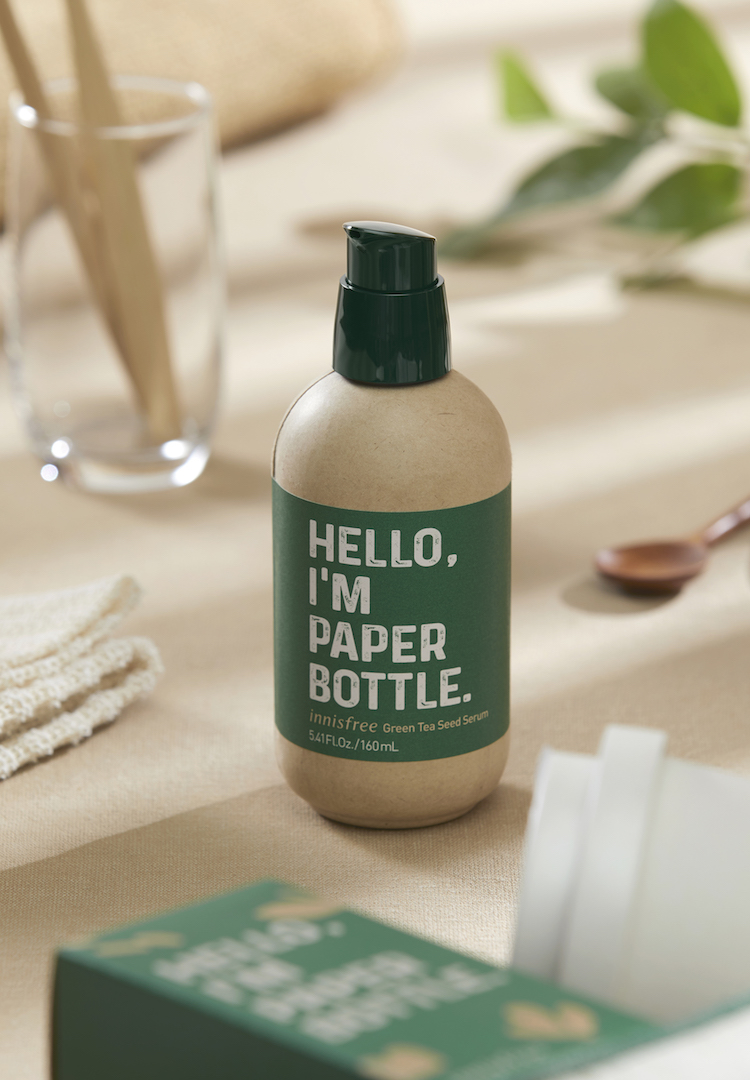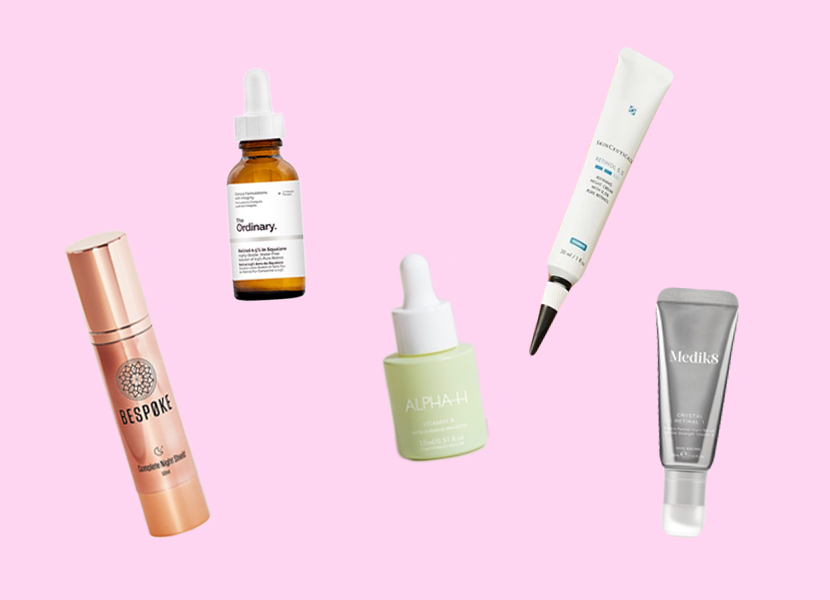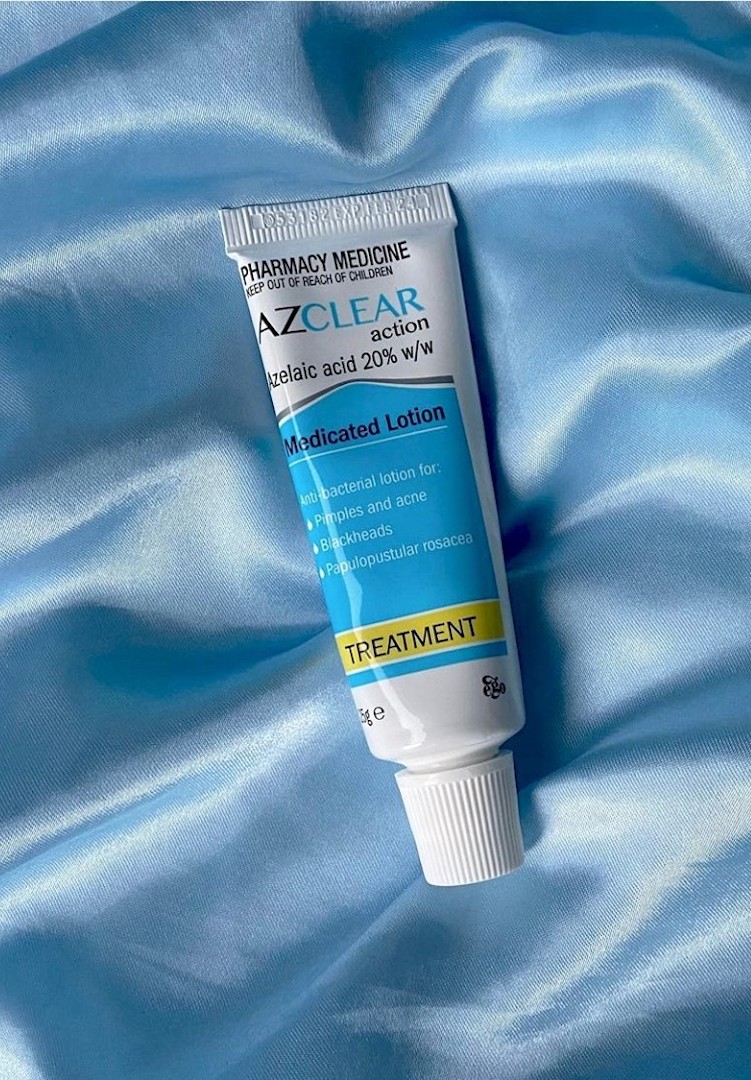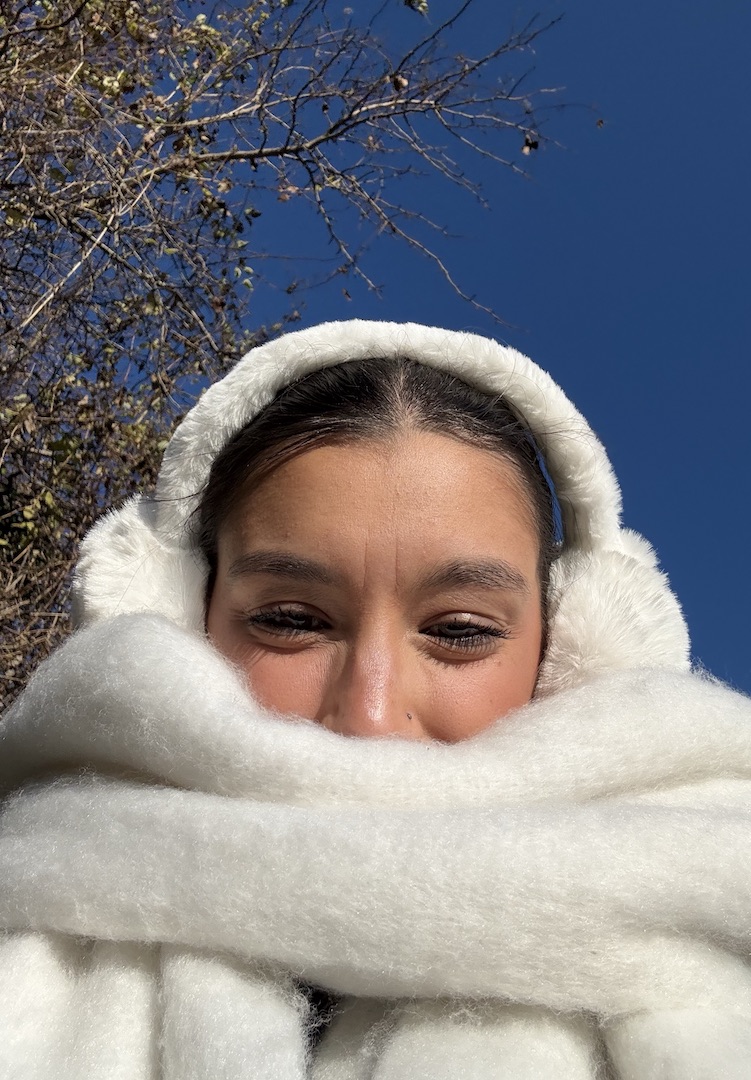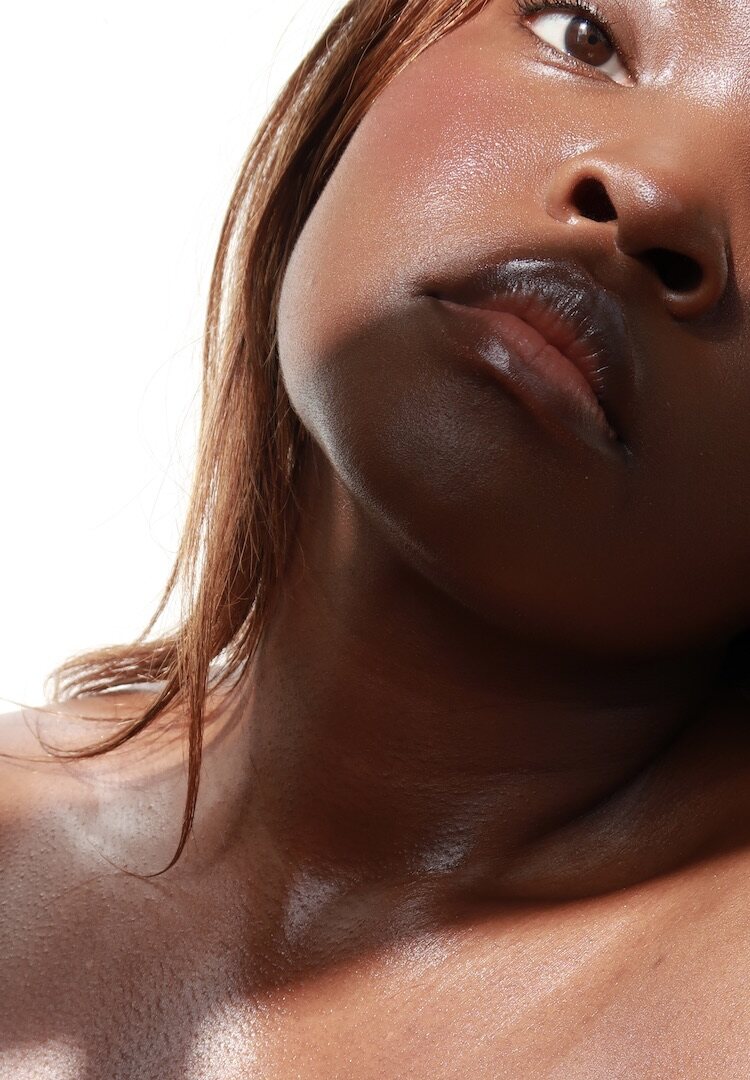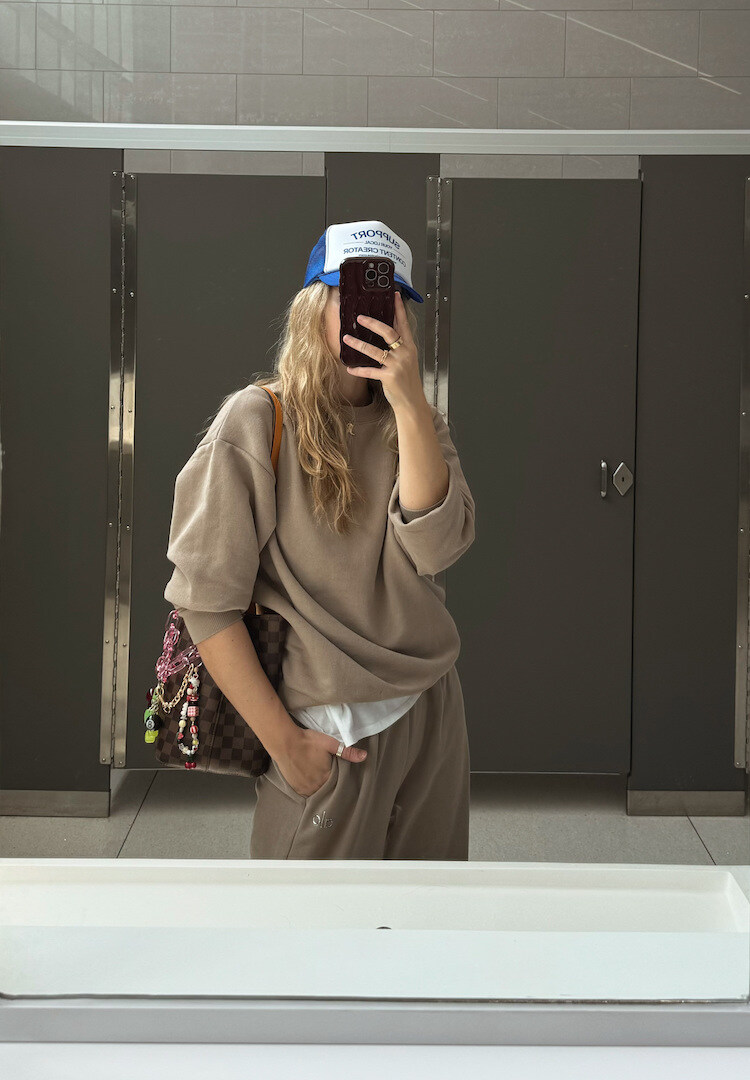What even is retinol and how do I use it?
WORDS BY MAGGIE ZHOU
“For skin, it’s basically the gold standard in treating a bunch of things.”
Retinol is currently the centre of attention in the skincare space and has amassed significant popularity this year.
I’m a newbie skincare enthusiast with a confession: I’m a sucker for pretty packaging and things that come with a dropper (it’s fun) and I nod along to scientific terms and ingredients lists, but in actual fact, I may as well be reading Bulgarian.
Luckily, I’ve gathered the expertise of my friend Hannah English. Previously working as a research scientist in clinical research, Hannah has now pivoted into the online arena and works as a writer and digital creator specialising in skincare.
To begin with, what is retinol?
Retinol is essentially just Vitamin A. It’s a type of retinoid, which is the umbrella term for naturally occurring or synthetic substances chemically related to Vitamin A.
“You need [retinol] in your body for your eyes for example, that’s why people say to eat carrots because it’s got pro-vitamin A in it,” Hannah explains.
“For skin, it’s basically the gold standard in treating a bunch of things, mainly anti-aging, sun damage and acne. It kind of normalises your skin texture and oil production.”
“With acne, some people’s oil is just thicker than other people’s and that makes pores easier to clog. By using retinol over time, it will normalise that oil chemistry so your pores don’t clog that easily. It just makes the skin smoother and it helps to renew itself in a more even manner, so you’re not getting clogs with old dead skin cells,” she says.
How much should I be using?
Alongside the incredible benefits of retinol, I’ve also heard my fair share of horror stories. Hannah recommends trying the slow retinol method.
“Retinol can be irritating but the more you use it, the more your body makes receptors for it. You can then take more at once which is pretty cool,” Hannah says.
Breakouts and skin purges, while unnerving, are more common than you’d think. “Because [retinol is] speeding up and normalising the way your skin turns over, any breakouts that were waiting to happen can sometimes come to the surface all at once. That will sometimes happen when people use too much too fast. If you start once a week and ease in, then you’ll be all good.”
How about some product recommendations?
“At the moment I’m using a dermatologist brand called Bespoke. It’s a bit pricey but I’m using retinal which is a step up from your beginner retinol one. There’s retinol, retinal and then there’s retinoic acid. Retinoic acid is the pure prescription form, which is the strongest but the most irritating,” Hannah explains.
Hannah recommends a product that’s 0.5 per cent retinol, to begin with. “As a starter one, I’d recommend the Alpha-H Vitamin A Serum that’s 0.5 per cent retinol. I also really like is Medik8’s Crystal Retinal which has different levels of strength. Skinceuticals make a 0.3 per cent and The Ordinary make a 0.5 per cent if you don’t want to invest.”
Retinol, it seems, is not as scary as it’s made out to be. And it’s not as intimidating when you think of it as Vitamin A – stuff that’s found in your pantry like sweet potato, lettuce and broccoli. And the key takeaway? Less is more, slower is better.

